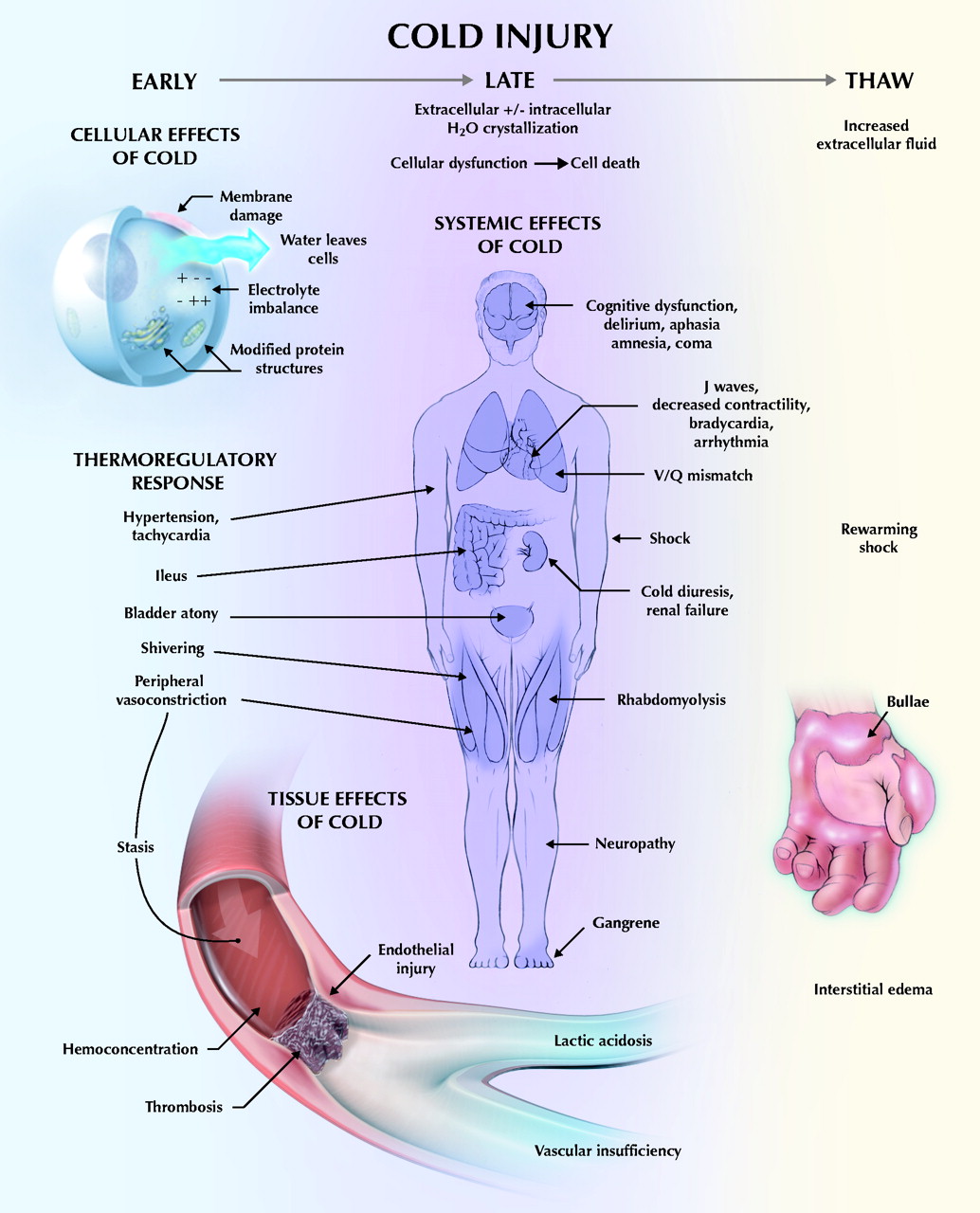A cold “sensor” that triggers the skin’s vascular response could treat frostbite, hypothermia, and vascular diseases, according to a study published by King’s College London.
The research focuses on the role TRPA1 plays in the narrowing and widening of blood vessels to retain body heat. It could enable treatments that limit the effects of exposure to cold, and the body cooling process associated with hypothermia.
Currently linked to pain sensitivity and used in the development of painkillers, this is the first time the TRPA1 gene has been associated with the response of blood vessels in the skin to cold.
According to Peter Weissberg at the British Heart Foundation: “This study helps us to understand how and why our blood vessels contract and expand, and could help scientists develop treatments for many conditions where blood vessel or ‘vascular’ health is important, from Raynaud’s to heart failure. Any research that helps to explain the complicated processes that control the circulatory system may have wide reaching implications in the future, as vascular health is involved in so many different diseases.”
